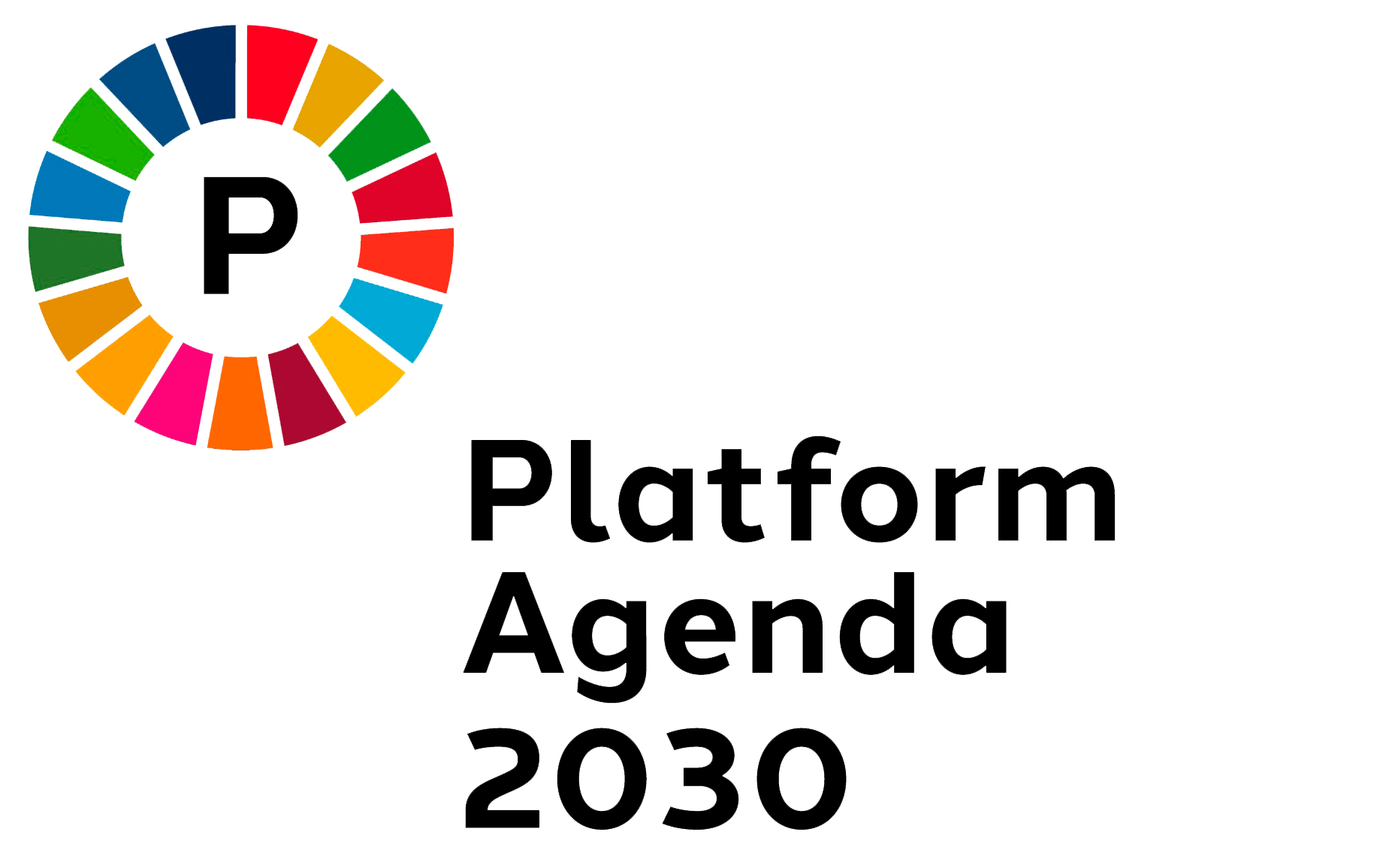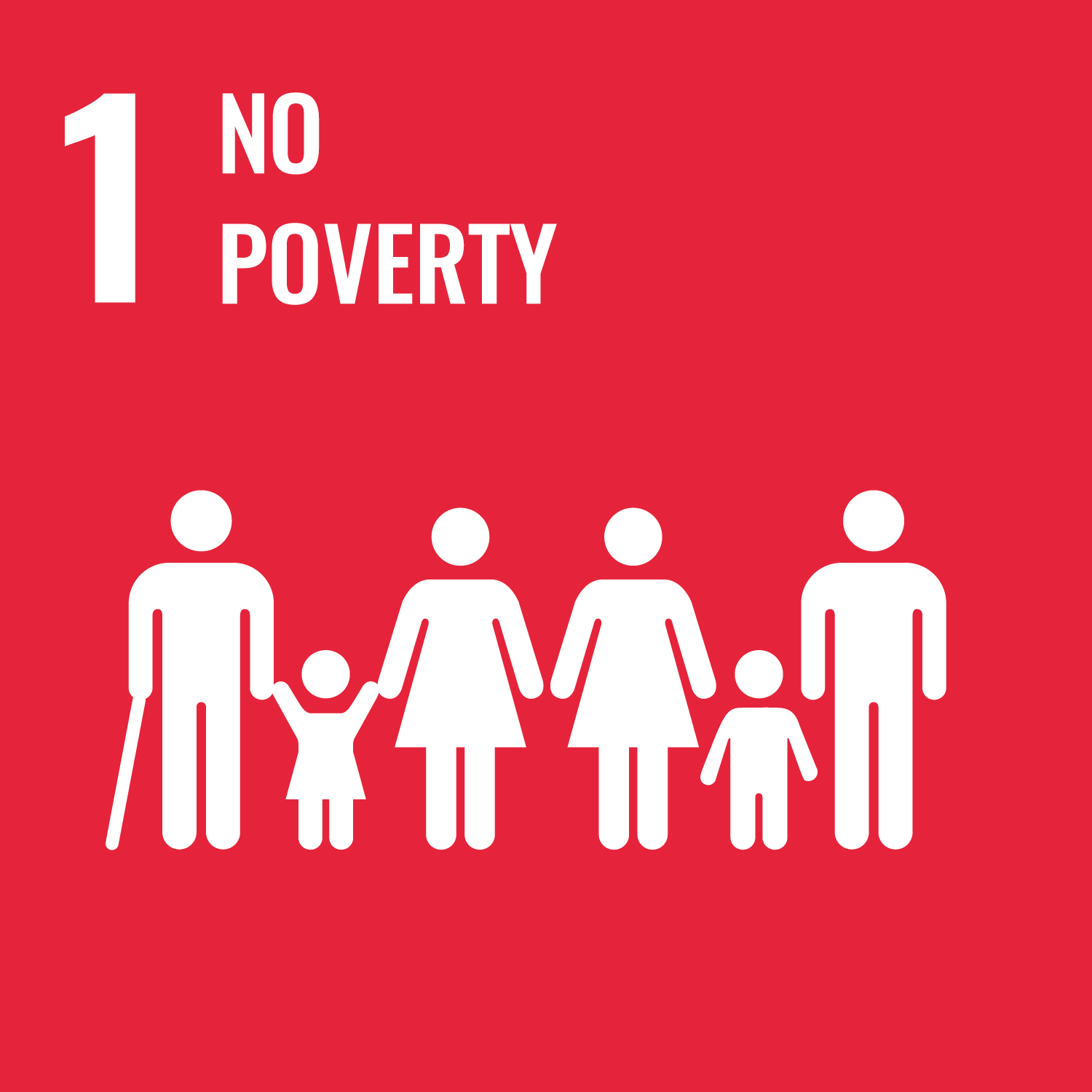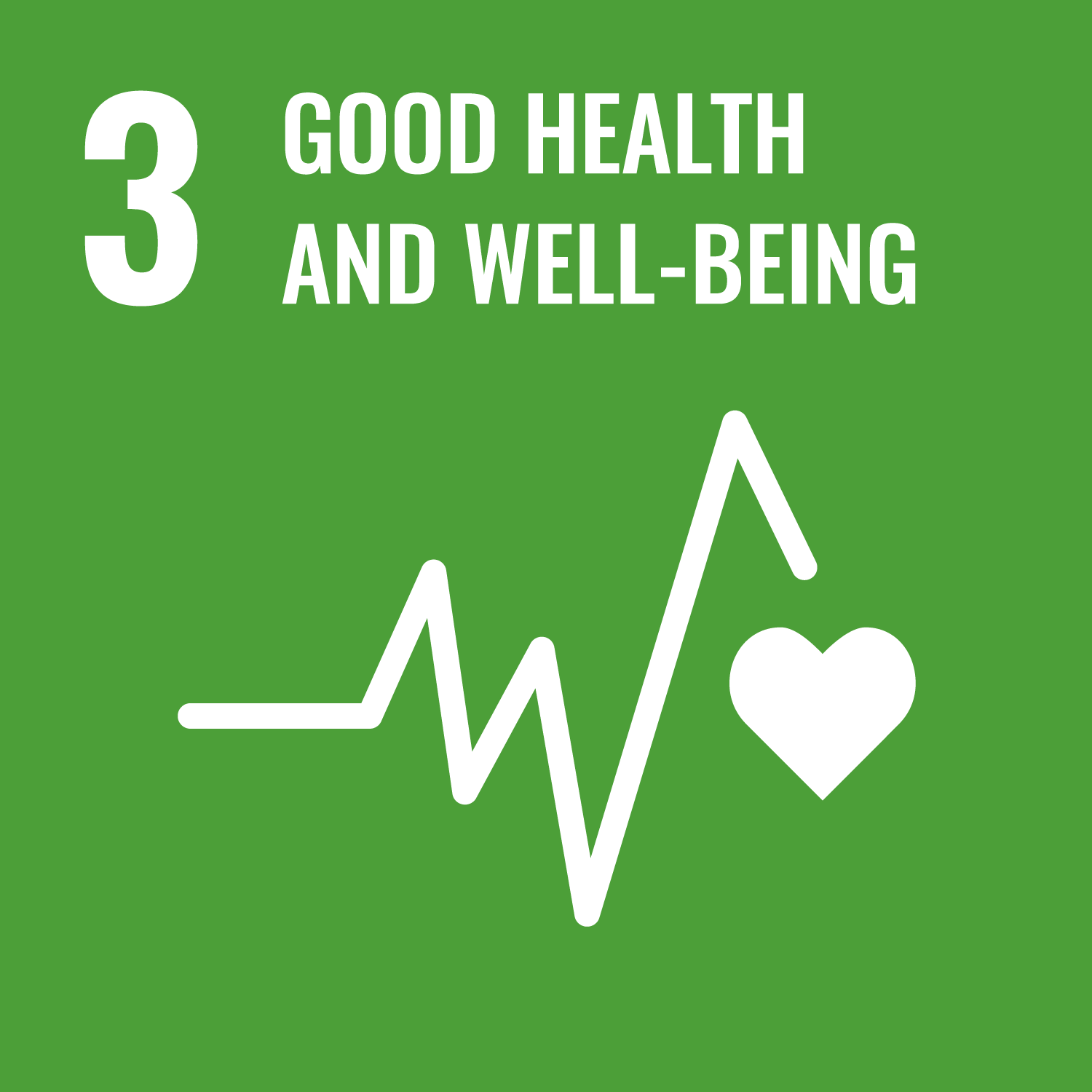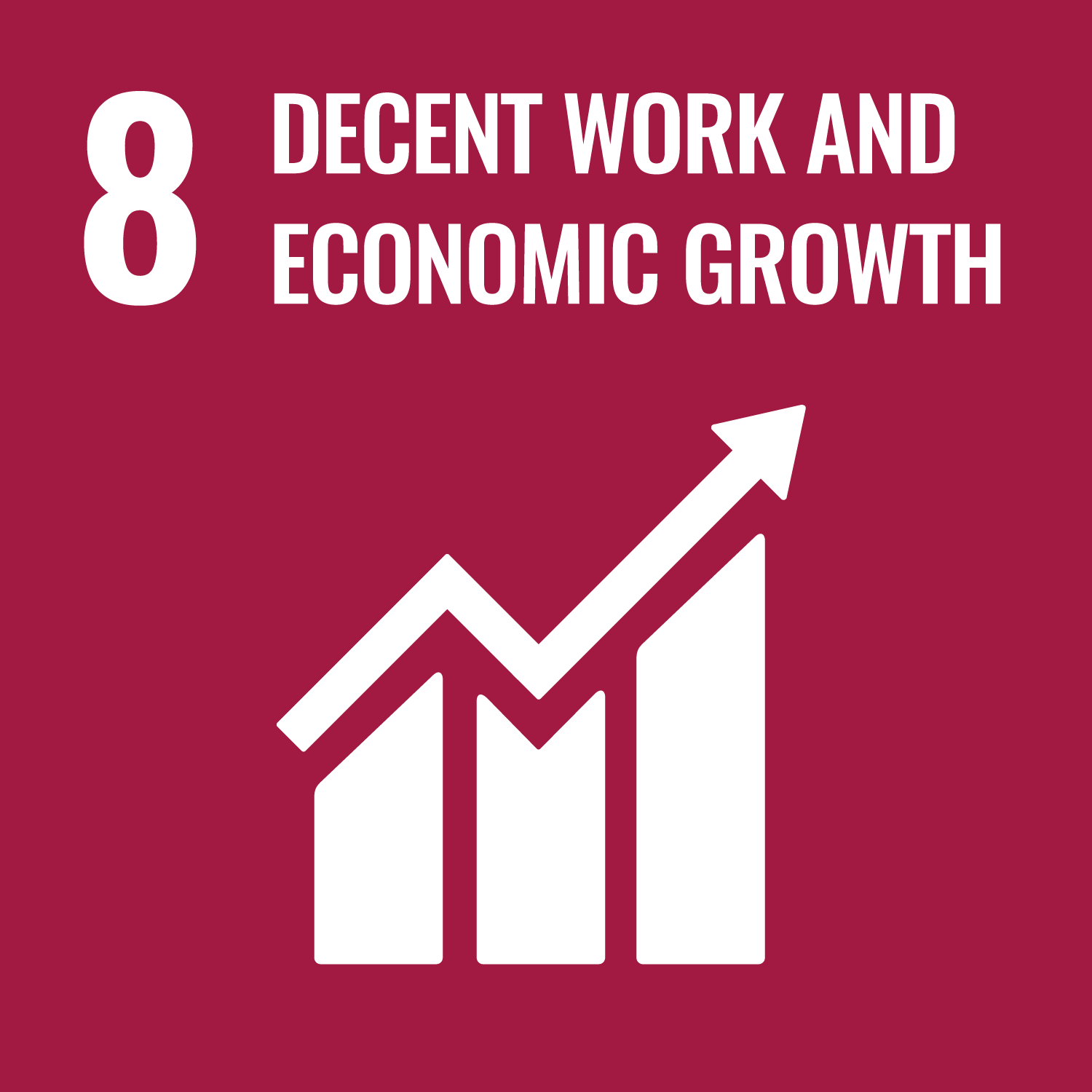Gender equality for just societies
Despite slow progress, women in Switzerland still face discrimination on a variety of fronts. There are structural reasons for this, one being the lack of recognition for and unequal distribution of care work. Women shoulder 60% of unpaid domestic and family-related tasks, but account for only 40% of paid employment. This means that they have lower incomes and are more poorly provided for in old age. Financed by all for all, the AHV state pension in Switzerland is not enough to cover basic expenses. Working only a few hours per week and earning little, many women are insufficiently insured, if at all, by occupational pension schemes.
Women are over-represented as nurses and carers, which are precisely the professions in which pay and working conditions are frequently poor. The employment terms of migrant care workers in private households remain especially precarious, as they are often expected to be on call around the clock. In the interests of equality there is an urgent need for sufficient staff to be trained in all roles in the care sector and for better working conditions for nursing and care staff. Having been passed by the Swiss electorate in 2021, the Nursing Care Initiative obliges the federal government and the cantons to improve terms of employment for care roles and to invest more robustly in training.
Compared with neighbouring countries, Switzerland grants a very short period of maternal and parental leave, neither have pregnant women in Switzerland enjoyed specific workplace protections to date.
Women are heavily under-represented in senior management, but very much over-represented in low-paid jobs. This naturally also affects what they earn. Yet there is still a pay gap even for work of equal value. This wage discrimination cannot be eliminated by voluntary measures alone.
According to a report published in German by Amnesty International, 22% of women in Switzerland have experienced unwanted sexual contact. In 2004 the law was changed so that domestic violence is no longer regarded as a ‘purely private matter’. Every second week a woman in Switzerland is killed by her (ex) partner, but the media continues to treat such murders as isolated cases and crimes of passion, rather than a structural problem.
Women of irregular residence status (sans-papiers) and women whose residence status is dependent on their husband are at a particularly high risk of exploitation and violence.
Sex education is an important means of preventing sexism and sexualised violence because it questions stereotypical gender roles and encourages self-determination and diversity. It also teaches students about their sexual health and rights. The curricula taught in Swiss schools do not always meet recognised professional quality criteria, however.
Sexual health is not guaranteed for everyone. Displaced women and sex workers, as well as members of the LGBTIQ+ community, for example, can find services difficult to access.
Women also face structural discrimination where spending policy is concerned. So far, the Federal Council has not conducted any analysis of the impact of our tax system on women’s rights, as required by the UN Convention on the Elimination of All Forms of Discrimination Against Women (CEDAW).
- Switzerland pays living retirement pensions that cover basic costs. These factor in the care obligations fulfilled during a person’s working life. The solidarity-based approach to financing social security is expanded.
- The federal government, cantons and local authorities extend care services of a high standard and ensure that the necessary funding is in place. Pay and working conditions in the care sector are improved.
- Work in private households (migrant carers) is subject without exception to the Employment Act.
- Switzerland introduces antenatal maternity leave. It extends maternal and paternal leave after the baby is born and introduces a new system of parental leave that is shared equally between the mother and father.
- The federal government defines effective action to eliminate wage discrimination by 2030, and also introduces checks and sanctions.
- To identify the exact scale and trend in femicides, crime statistics report attempted and actual gender-related murders separately.
- Switzerland implements the Istanbul Convention and draws up an action plan to eliminate gender-based and domestic violence.
- The federal government and the cantons take action to protect female sans-papiers and women whose residential status is dependent on their husband.
- Switzerland extends accessible, low-threshold health services to ensure sexual health for all. It works towards such access in partner countries as part of its humanitarian aid and development cooperation work.
- The status of equal opportunities offices is raised and they are given greater powers of influence as well as adequate long-term funding.
- The federal government conducts an analysis of the impacts of its fiscal policy on women’s rights.
- The federal government undertakes to meet in full its international obligations to protect women against discrimination and violence. Working from an intersectional perspective, it takes targeted action to protect women who are displaced or who do not have regular residence status, as well as women with disabilities.
In collaboration with Izabel Barros, cfd, Gaby Belz, Economy is Care, Jana König, NGO-Koordination post Beijing Schweiz, Susanne Rohner, Sexuelle Gesundheit Schweiz, Regula Bühlmann, Swiss Trade Union Federation
Report as PDF
- Swiss CSO Platform Agenda 2030. Policy Brief: Agenda 2030 & Gender. Juni 2020. (German, French or Italian)
- NGO-Koordination post Beijing Schweiz: The Implementation of the Women‘s Rights Convention in Switzerland. CEDAW Shadow Report. May 2021.








